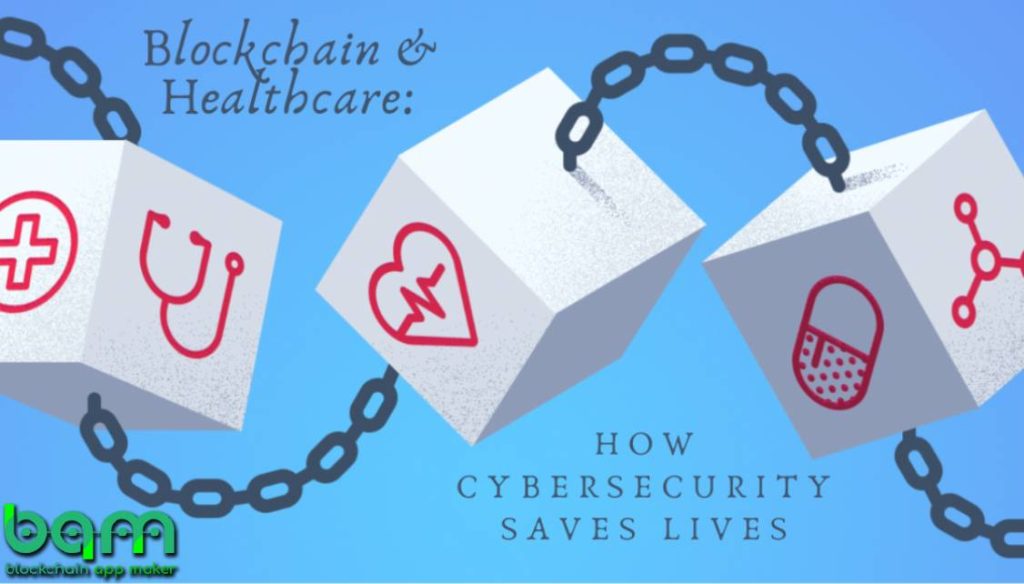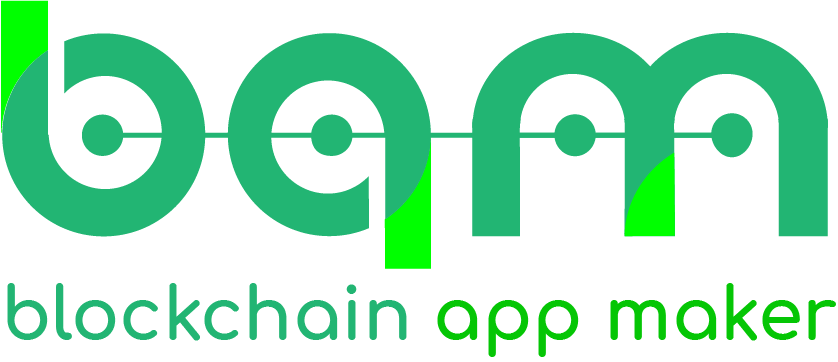
The global health-care system is confronted with a slew of issues that are all too familiar. Healthcare shareholders are under greater pressure to decrease costs while continuing to provide high-quality treatment to patients, ranging from data sharing processes to ambiguity about clinical experiments and medical researches to the field of complex billing and less optimal patient care.
Today, we’ll take a look at some of the benefits of blockchain development services for the healthcare business. The blockchain technology’s ability allows you to have safe and secure access to the whole history of patient records, both medical and personal.
The following are some of the different ways blockchain can be used in the healthcare industry.
1. Medical Data Management and Sharing
Most health-care organizations are unable to keep patients’ lifetime records, and there is no system in place to link the data of numerous organizations in order to create a chain of linked data.
Patients’ records can be safely transferred via blockchains. The method enables medical facilities to keep track of patient data both locally and across borders. This will assist organizations in improving coordination among members of the health management team, assisting medical teams, and lowering transaction costs.
The medical data exchange and management service will assist you in keeping your information current and accurate.
2. Drug Development and Supply Chain
Drug development is critical these days in order to keep drugs current. Healthcare organizations, such as pharmacies and other health-care institutions, must also manage their supply chains.
According to a survey conducted by Blockchain App Maker (BAM), 89.3 percent of blockchain developers predicted a technological disruption in the supply chain industry as a result of Blockchain.
When it comes to medication development reports, blockchain gives precise results. It also aids healthcare organizations in tracking the different supply chains that are linked to them.
3. Access to Patients
The patient can access and manage his own data in various medical records via a blockchain. With the records kept in the blockchain, the various records of the patients may be traced. This will also aid them in reducing the danger of information loss, bogus prescription claims, and immunizations not being received.
4. Smart Contracts
Smart contacts are the only way to stay competitive in this world. Blockchain enables owners and other individuals to build smart relationships in order to eliminate inefficiencies and also allows for quick payment options, which aid healthcare institutions in automatically generating bills.
5. Scams
Healthcare in today’s world is beset by issues such as cybersecurity and fraud. These kind of incidents typically occur as a result of a lack of communication between hospitals, service providers, and patients. You can follow payments and medical paperwork in real time thanks to the creation of transparent hyper ledgers using blockchain technology. You will be able to keep your transactions safe and secure if you use this.
6. Documentation
It is extremely difficult for healthcare institutions to preserve a physical record of all of their patients. Due of the large number of patients seen on a daily basis, it is difficult for them to keep track of each one using documentation. Blockchain technology allows the organization to reduce the number of paper-based documents and instead store information digitally. This will assist patients in obtaining additional copies of medical service transcripts and other records.
7. Systems with Zero Errors
You may easily create an error-free system using blockchain block records. In a manual system, humans may make mistakes when recording information, or duplicate records may exist in different or the same file. This activity does nothing but raise the processing costs. Blockchain will give you with a way for indexing patient information that is free of errors and duplicates.
8. Make Data Interoperability a Priority
You must share numerous sorts of data with other doctors, nurses, and other stakeholders as part of the information sharing process. The blockchain allows you to store data in a cloud-based environment, which improves data interoperability between different departments of healthcare organizations.
9. Verification
Only authorized people will be able to access various sorts of information using blockchain, depending on their positions. You can’t do the same thing with a manual system, such as the one used by healthcare organizations today. The admin can assign different roles to different people based on their roles, ensuring that they don’t have access to information that isn’t relevant to them.
10. Simple Payments
The blockchain facilitates monetary transactions. With the support of blockchain, patients and healthcare organizations can make and receive payments. This is the safest way to keep track of a healthcare institution’s payments. Additionally, while transferring money, blockchain protects them from numerous hacker threats.
11. Insurance Claims and Coverage
Patients are sometimes led in the wrong direction when it comes to insurance claims because of misleading data from healthcare organizations. However, with blockchain-based reports, there will be no danger of errors in the patients’ final reports, and patients would also tally their reports with the system to assure correctness.
Conclusion
The adoption of blockchain development in the healthcare industry, as well as the features that are implemented, will determine its potential. Many firms have lately implemented blockchain, but they are not fully utilizing the system to get the full benefits. They are hesitant to put the system in place because they lack the necessary knowledge and skills. However, they must recognize that the blockchain is a system that has the potential to propel their healthcare organization forward.
There are numerous methods for obtaining the advantages of this technology. The following is a list of popular techniques and benefits of implementing blockchain in your company. The technology has so much potential that it has the potential to completely transform the healthcare landscape as we know it.



